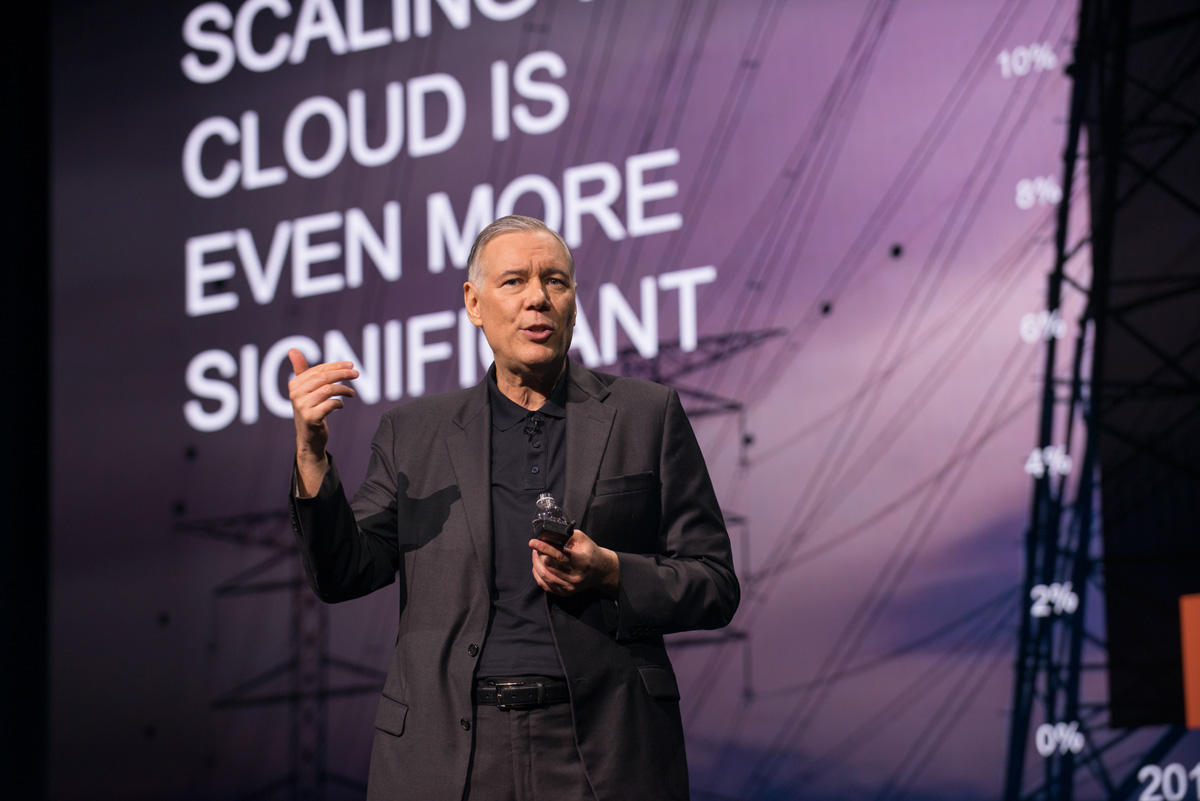Real growth in technology is not from people but machines, says Applied Materials CEO
“Humans a while ago stopped being the major generators of data,” points out Gary Dickerson, chief executive of chip equipment vendor Applied Materials.
Rather, it is the rise of the machines, and the sensor networks comprising the Internet of Things, that are creating masses of volumes of data that require ever more chips to process, says Dickerson.
“And everything is getting smarter in our world — eyes and ears that are deployed, smart sensors that are deployed” at the edge of networks.
Dickerson made his remarks to ZDNet in a phone call following the company’s report Thursday evening of fiscal Q1 results that topped expectations.

Applied Materials chief executive Gary Dickerson.
SFFOTO / Applied Materials
Dickerson’s comments, contrasting machine-generated activity with human use of technology echoes comments made in October by Nvidia CEO Jensen Huang, who observed in an interview with ZDNet that “The total amount of computing that the world can use is limited by humans today,” he said. Like Dickerson, Huang predicted the non-human use of technology will come to dwarf humans’ slower uses of technology.
In his interview with ZDNet Thursday evening, Dickerson pointed out that a world changed by pandemic has lead to an emphasis on virtual presence that is altering human society.
“This acceleration in the environment we are in right now, technology is transforming every industry,” observed Dickerson. “We are all working in new ways, and so many industries are being transformed.”
However, the outcome of that changed human society, predicted Dickerson, will be the increasing use of computer chips is bigger than the human change. Because the infrastructure needs to serve that increasingly non-human data generation.
“Social, mobile media drove a level of pervasiveness that took the industry larger,” observed Dickerson. “But now the growth is not from people, it’s from all the other things I talked about.”
“That is a meaningful growth driver for this industry going forward.”






